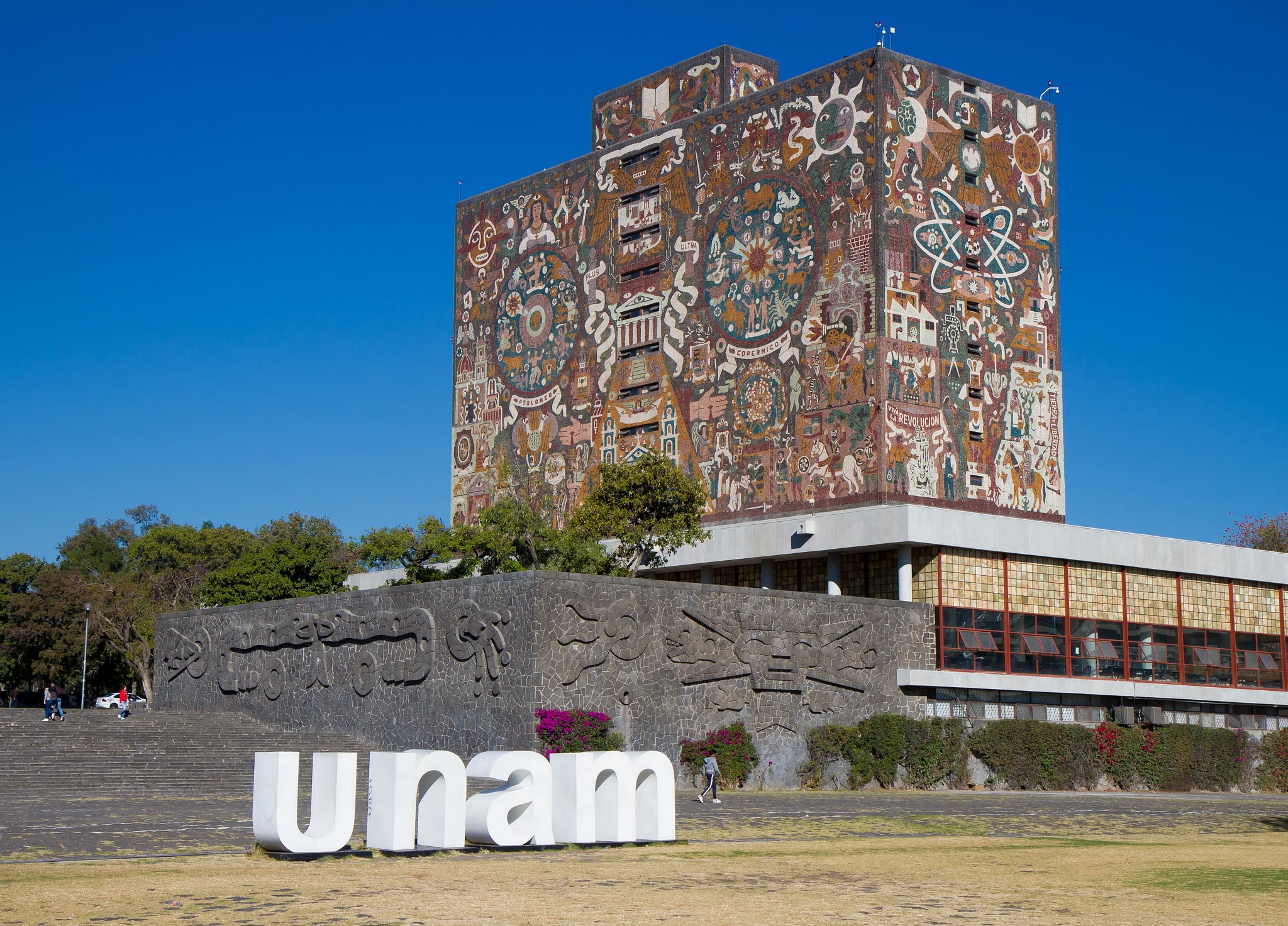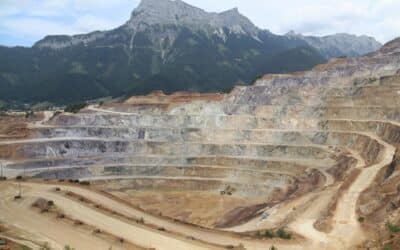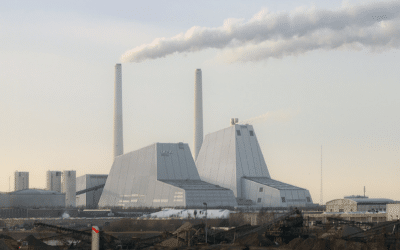By Silvia Ribeiro, ETC Group Latin America Director, Mexico. Article translated and re-published from original in La Jornada.
British NGO The Degrees Initiative presents itself as a support fund for academics from the Global South to carry out research on the effects of solar geoengineering in their regions. It claims that its work shows that there is growing interest in these risky technologies in countries in the Global South, and earlier this year it approved two projects with National Autonomous University of Mexico (UNAM) researchers.
However, when you analyse in detail the organisation’s team members and decision-makers, the research projects it funds and and the authors of the articles that have been funded by it, it becomes clear that there is a majority presence of actors from the Global North. In addition to influencing the outcome of the projects, this also means that funding presented as support for the South is being used to strengthen institutions and authors based in the North.
Solar geoengineering is one of the most dangerous forms of climate manipulation. Its supposed goal is to lower the planetary temperature (which has increased due to excessive emissions of carbon dioxide and other greenhouse gases). Achieving this through these technological means would have very uneven impacts globally, with some areas better off and others much worse off.
The people pushing for researching these risky technologies are mostly from the Global North—from countries that are historically responsible for climate change. So, a group of them looked for a way to disguise this fact and make it look as if solar geoengineering is also of interest to countries in the South. The Degrees Initiative emerged from this context.
A report by Anja Chalmin, published this week on the Geoengineering Monitor website, carries out a rigorous analysis of the Initiative’s projects and research methodologies. It concludes that “The Degrees Initiative and similar organisations are therefore playing a key role in normalising solar geoengineering,” which promotes outdoor experiments and positions this risky proposal as a viable climate change mitigation strategy for countries in the South.
The Initiative’s funders are primarily foundations run by tech and finance billionaires, several of which also sponsor experiments and the commercialisation of geoengineering technologies.
The Initiative’s team and its board of directors are composed predominantly of individuals and institutions based in the Global North, some of them well-known proponents of geoengineering. From the beginning, there have been researchers from the North on the funded research teams, even as many as half of the members, despite presenting them as teams from the Global South.
A look at the authors of the 28 articles published with the Initiative’s support up to August 2024 reveals a strong influence of researchers based in institutions in the North. In 22 cases, there are one or more authors based in institutions in the North, and in 14 cases, there are two or more. Only six studies were carried out by researchers based entirely at institutions in the South. Researchers representing institutions from 24 countries are listed among the authors, but more than a third of these are in the Global North.
Authors based at institutions in the Global North contributed to 80 percent of the publications, and more than 50 percent were co-written with an author based at a northern institution. At least eight authors are linked to Harvard University’s Solar Geoengineering Research Program, home of the controversial SCoPEx project, which attempted to experiment with solar geoengineering technology on indigenous lands in Arizona and Kiruna before it was halted by local protests.
As well as the conspicuous presence of northern researchers and institutions in the projects receiving funding (which the Initiative presents as Southern projects), they are also pigeonholed into a very limited framework of research topics and methodologies.
Of the 28 published articles, 26 focus on a single technology: stratospheric aerosol injection (in lay terms, artificial “volcanic clouds”). Most studies assess the impacts of this technology in the context of the most extreme IPCC climate scenarios, making it appear that, in comparison to the severe impacts of runaway climate change, the negative impacts of geoengineering might not be as bad. Also, they only focused on temperature and precipitation changes, leaving aside other important factors such as the dynamic complexity of ecosystems and the different socioeconomic impacts.
The climate models used in the studies funded by the Initiative have all been developed by Northern institutions. The credibility of their results in the Global South has been questioned by other scientists for not taking into account realities and constraints in Southern countries that would change the modelled outcomes, such as a lack of access to water.
In sum, as well as reproducing dominant northern biases to the detriment of the Global South, The Degrees Initiative is a key factor in the promotion of solar geoengineering, which masquerades as having the support of the Global South. The narrow framework that it operates in ignores many of the key risks inherent to geoengineering technologies, not just in terms of climate-related risks, but also in terms of its social, cultural, economic and geopolitical impacts.



